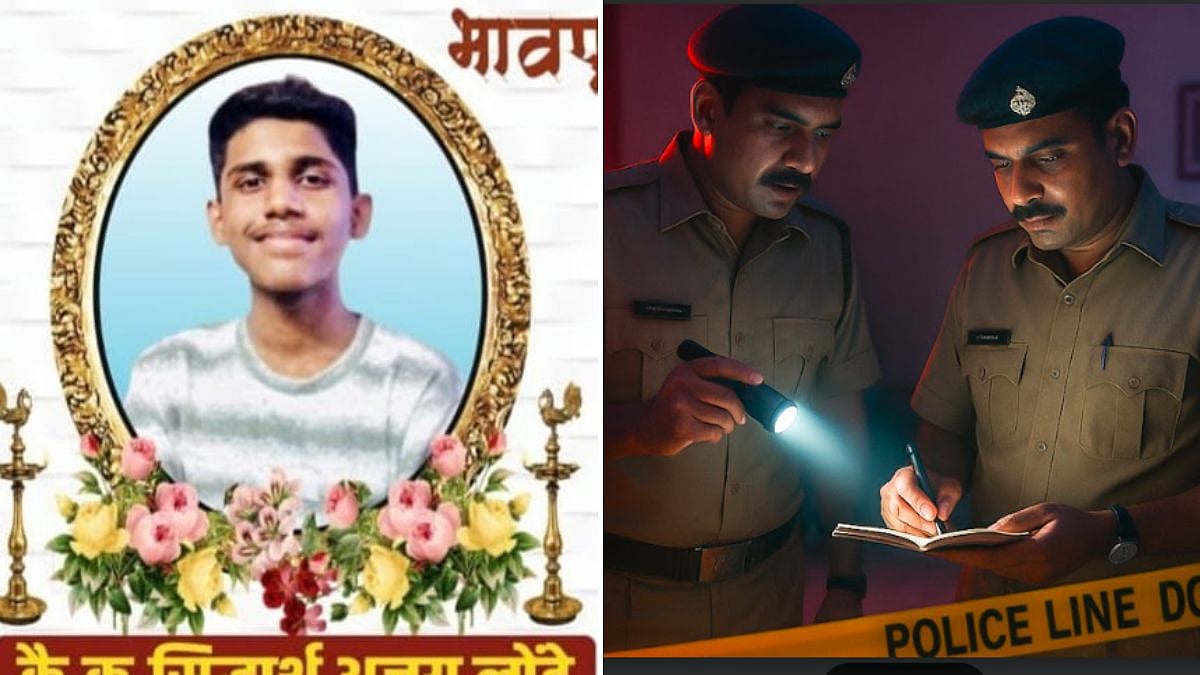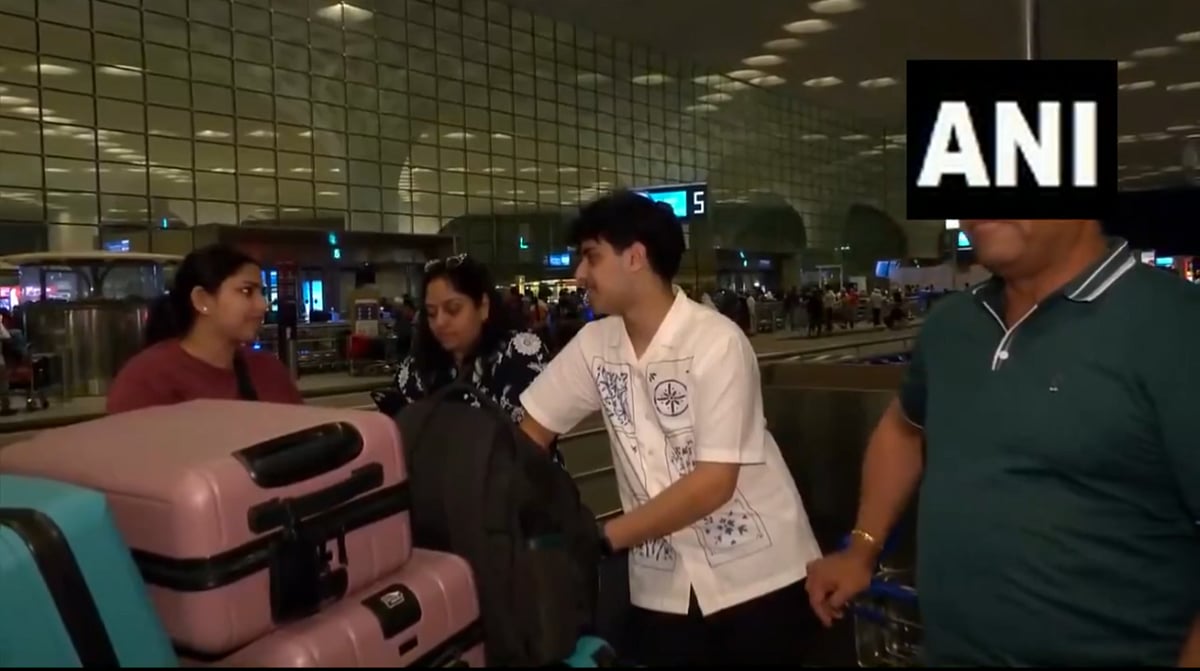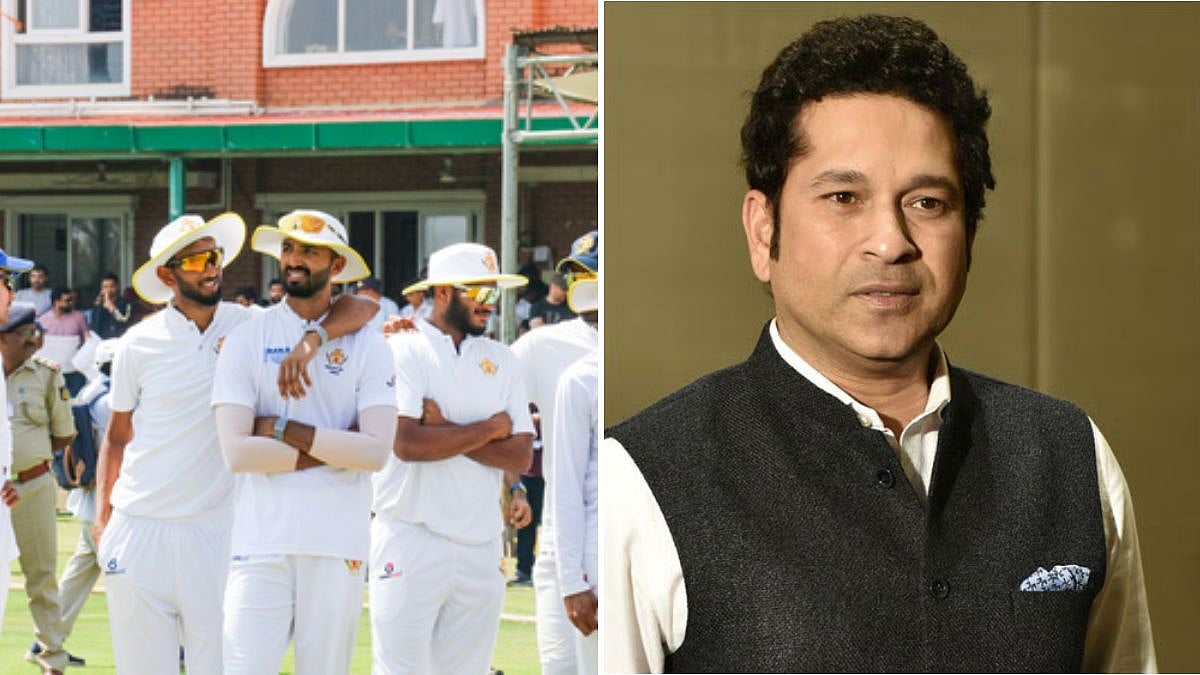The Pak-Occupied Kashmir [PoK] is witnessing tremendous social and economic unrest. Only last week, a police officer Adnan Qureshi was killed and more than hundred people, mostly policemen, injured in violent clashes between security forces and angry mobs over high prices of wheat flour and electricity. Adnan Qureshi was on duty to stop a planned rally for Muzaffarabad via Kotli and Poonch districts. The rally was organized by the Jammu Kashmir Joint Awami Action Committee [JAAC]. As per the set practice, the JAAC denied any involvement in the violence.
The JAAC, a 70 member body largely of traders, is at the forefront of the agitation and is seeking electricity as per the hydropower generation cost in the region. It is also demanding subsided wheat flour and an end to the privileges of the elite class. The police has been arresting the activists of the JAAC and raided their residences. Subsequently the JAAC announced a shutter-down and wheel-jam strike on Friday, 10th May.
As per the modern practice of law enforcement agencies, the internet services and mobile phones were suspended. But it has not helped to improve the situation. On Monday, 13th May, Pakistan PM Shehbaz Sharif approved 2300 crore PKR [Pak rupees] package in a bid to pacify the agitators. The talks held between the JAAC and government has failed. PM Sharif is in touch with PoK Prime Minister Chaudhary Anwarul Haq.
The area which is now known as Pak-Occupied Kashmir was historically part of the princely state of Jammu and Kashmir under Raja Hari Singh. As per the part of independence of the Indian sub-continent in August 1947, he signed the Instrument of Accession with India in October 1947. It was and is not acceptable to Pakistan. The PoK part is under Pakistan’s occupation since 1947. There is no political structure in place in PoK and is governed by the Azad Kashmir Provisional Constitution Act, 1974 as was passed by Pakistan’s National Assembly.
The issue of PoK has two angles. One is security as the Pak military maintains a high presence in the PoK to guard the LoC with India. Other dimension is image of Pakistan in international media. The stalemate with the leadership of the JAAC forced PM Sharif to clear the grant for PoK at a special meeting in Islamabad. Following the meeting the PoK government announced cuts in bread prices as well as electricity tariffs. The PM Sharif had to also postpone the visit of Saudi Crown Prince Muhammad bin Salman. This shows the sheer desperation of Pak establishment. The United Kashmir People’s National Party organized a protest outside Pakistani consulate in UK. The protest was organized to show solidarity with PoK.
The issue that bedevils Pakistan now is much larger and unlikely to be controlled by some cosmetic measures. The Pak economy has been reporting an extremely high inflation coupled with dismal economic growth for the last two years. This is mainly due to rising energy bills. Since May 2022, the Consumer Inflation has been above 22% and touched 38% in May 2023!
The JAAC leadership is charging the Pak establishment with discrimination in the distribution of power in the PoK. Here is the classic local v/s outsider debate. The Neelum-Jhelum hydropower project is located in PoK and yet it does not get its share of 2,600 MW! This further fuels anti-Federal government feelings. Not only this, the PoK administration has been demanding additional funds to raise the salaries of state employees in PoK. But the federal government has not paid heed to this which in turn forced the PoK administration to cut on development funds to pay higher salaries.
The woes of the PoK worsened after India raised custom duties to 200% on Pak products like rock salt, cement following the Pulwama terror attack in February 2019. The trade weapon deployed by India has impacted trade with Pak badly. As a result Pakistan’s export to India fell from $45 million per month in 2018 to $ 2.5 million per month in 2019. As if this was not enough, Pak government stopped all trade with India after Modi government changed the constitutional status of J and K by abolishing article 370. A classic example of Politics triumphing over economics!
Though Pakistani establishment seems to have been caught napping, PM Sharif was quick to express deep concern over violent clashes between police and protesters. He also announced that there should be absolutely no tolerance for taking the law into one’s own hands. Sharif was joined by Pakistan’s President Asif Ali Zardari and urged all stakeholders to exercise restraint and use dialogue, mutual consultation to resolve their disputes.
India has not been a silent spectator. It is using this opportunity to drive Pakistan in a corner. Our External Affairs Minister [EAM] S Jaishankar reiterated India’s stand on merging the illegally occupied region. He publicly expressed hope that one day we will end the illegal occupation and of the PoK and PoK will join with India. However, the situation in PoK is unlikely to improve immediately as the problems need long-term solutions and not quick-fix options.
The author, Prof. Avinash Kolhe is a Mumbai-based retired professor of Political Science




